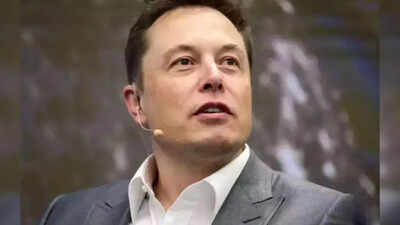CEO Sundar Pichai compares Google’s AI race ‘comeback’ and demand for his resignation to coaching Barcelona or Real Madrid

Google CEO Sundar Pichai has responded to Google’s criticism of ‘losing’ the AI race after the launch of ChatGPT as well as reports that demanded his resignation, saying that he had a “good sense of what we were building internally.” Pichai acknowledged the widespread perception that Google was ‘definitively losing the AI race’ and had ‘lost its magic touch’ during a period marked by a bunch of articles suggesting he should step down.“Look, lots to unpack. The main bet I made as a CEO was to really make sure the company was approaching everything in a AI-first way…setting ourselves up to develop AGI responsibly and make sure we are putting out products which embodies things that are very, very useful for people,” Pichai said recently on Lex Fridman’s podcast when he was“So look, I knew, even through moments like that last year, I had a good sense of what we were building internally. So I’d already made many important decisions, bringing together teams of the caliber of Brain, and DeepMind, and setting up Google DeepMind,” he added.
Pichai says he is ‘good at tuning out noise’
When asked about low points during that challenging period, Pichai highlighted his ability to “tune out noise,” drawing an analogy to coaching a major sports team.“Anytime you’re in a situation like that, a few aspects, I’m good at tuning out noise, right, separating signal from noise,” Pichai said, adding, “Running Google, you may as well be coaching Barcelona or Real Madrid. You have a bad season.” “I’m good at tuning out the noise. I do watch out for signals. It’s important to separate the signal from the noise, so there are good people sometimes making good points outside, so you wanna listen to it, you want to take that feedback in. But, internally, you are making a set of consequential decisions.”Pichai revealed that internal factors, such as the time it took to “ramp up TPUs” to secure the necessary compute power for scaling large models like Gemini, might not have been appreciated externally.




